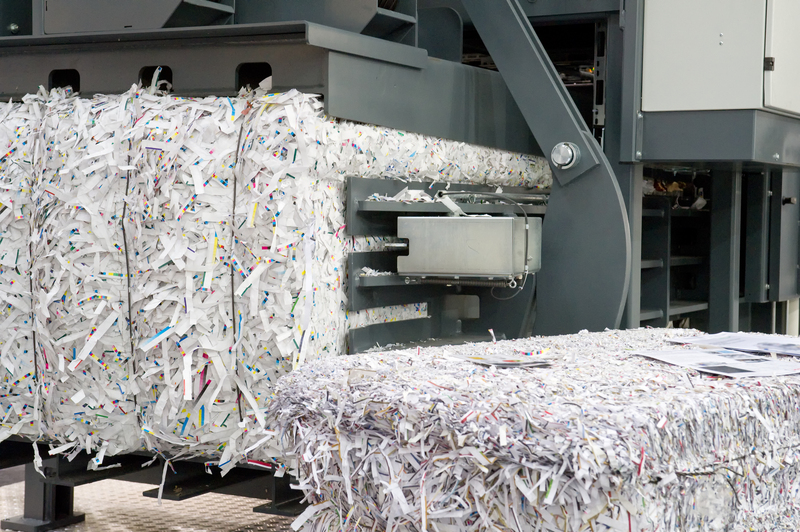Effective Action Plan for Uncollected Trash Bins
In today's fast-paced urban environments, the timely collection of trash is vital for maintaining health, hygiene, and aesthetic appeal. Unfortunately, uncollected trash bins are becoming a growing issue in many communities. This article provides a comprehensive action plan for tackling uncollected garbage bins, ensuring a cleaner and healthier environment for all residents.
Understanding the Impact of Uncollected Trash Bins
Uncollected trash isn't merely an eyesore. It has far-reaching effects that impact the environment, community health, and overall quality of life. Some of these impacts include:
- Pest Infestation: Uncollected trash is a breeding ground for pests like rats, flies, and cockroaches, which can spread diseases.
- Environmental Pollution: Overflowing bins lead to littering, which contributes to pollution in local water bodies and harm to wildlife.
- Health Hazards: Decomposing waste emits foul odors and releases harmful substances into the air, affecting respiratory health.
- Community Displeasure: Accumulated trash can lead to frustrations among community members, affecting social cohesion.

Developing a Proactive Action Plan
Addressing the issue of uncollected trash bins requires a multifaceted approach combining community efforts, effective policy implementation, and technological intervention. Here's a proposed action plan:
1. Community Engagement and Education
Community involvement is crucial for successfully managing waste collection services. Strategies for enhancing community participation include:
- Awareness Campaigns: Educate residents about the importance of timely trash disposal and the impact of littering.
- Feedback Systems: Establish channels through which residents can report uncollected bins, ensuring prompt action.
- Volunteer Programs: Encourage community-led initiatives like clean-up drives to keep local areas tidy.
2. Assessment and Optimization of Collection Routes
Efficient waste collection relies heavily on optimizing routes and schedules. Consider the following strategies:
- Route Analysis: Use GPS and data analytics to assess and optimize collection routes for efficiency.
- Adaptive Scheduling: Implement flexible scheduling that adjusts collection frequency based on community waste generation patterns.
3. Infrastructure and Technology Enhancement
Leveraging technology and upgrading infrastructure are essential for modern waste management systems:
- Smart Bins: Deploy bins equipped with sensors that notify waste management services when they are full.
- Urban Monitoring: Implement IoT solutions for real-time monitoring of waste levels and collection efficiency.
- Maintenance Plans: Regular maintenance checks on collection vehicles and bins to prevent breakdowns and overflow.
4. Policy and Regulatory Measures
Implementing strong policies and regulations can facilitate more effective waste management:
- Enforcement of Fines: Impose penalties for improper disposal and non-compliance with waste management regulations.
- Incentive Programs: Reward residents and businesses that consistently follow waste management protocols.

The Role of Stakeholders in Waste Management
Managing uncollected trash bins is not solely the responsibility of waste management entities. It requires collaboration among various stakeholders:
- Local Governments: Ensure policy enforcement and support through infrastructure investment.
- Waste Management Companies: Execute effective collection processes and innovate waste handling methods.
- Residents: Adhere to waste disposal guidelines and participate in community efforts to maintain cleanliness.
- Non-Governmental Organizations (NGOs): Provide educational resources and support community-led waste management initiatives.
Conclusion
An effective action plan for tackling uncollected trash bins encompasses community participation, technological implementation, route optimization, and strong policy frameworks. By addressing these factors, communities can create a cleaner, safer, and more pleasant environment for all residents.
Prioritizing the timely collection of trash not only improves public health and environmental conditions but also enhances community pride and well-being. Collaboration among stakeholders and adapting innovative strategies will ensure that waste management systems are efficient and sustainable for future generations.